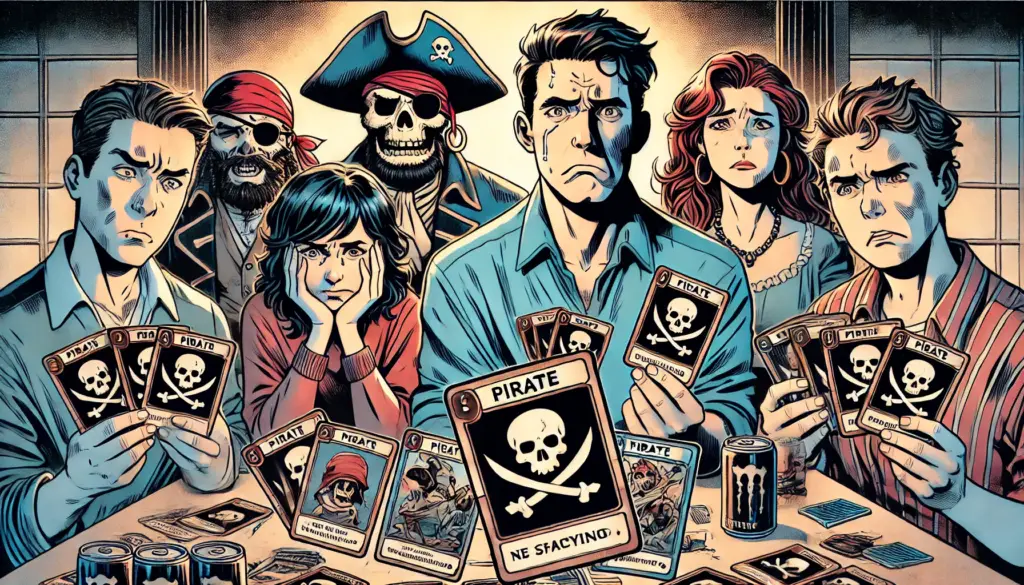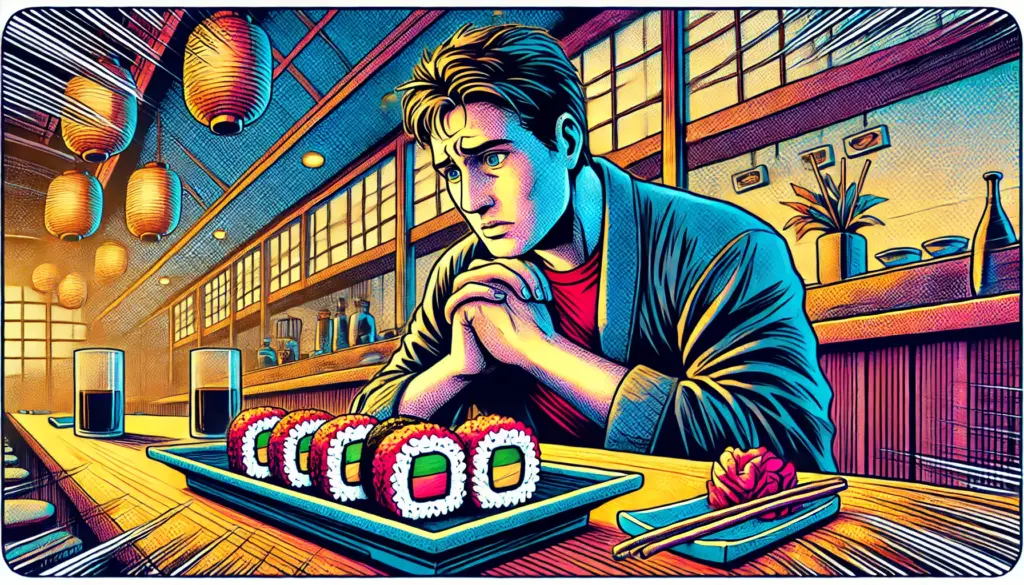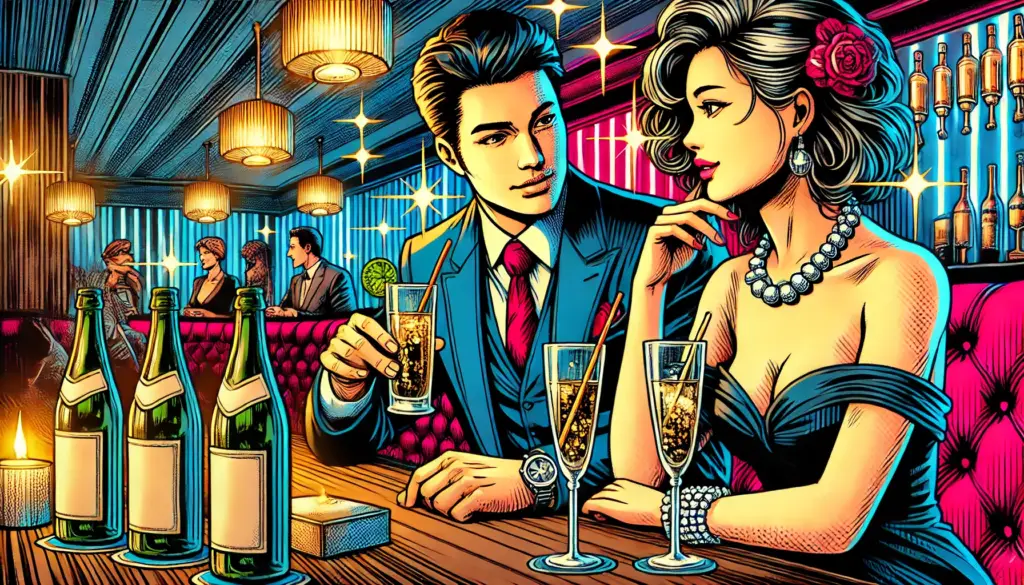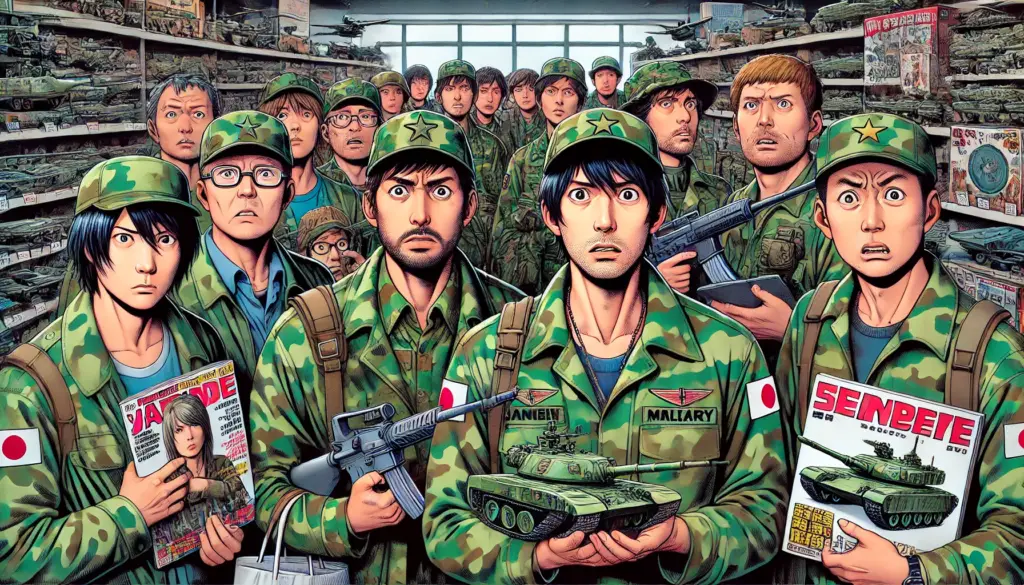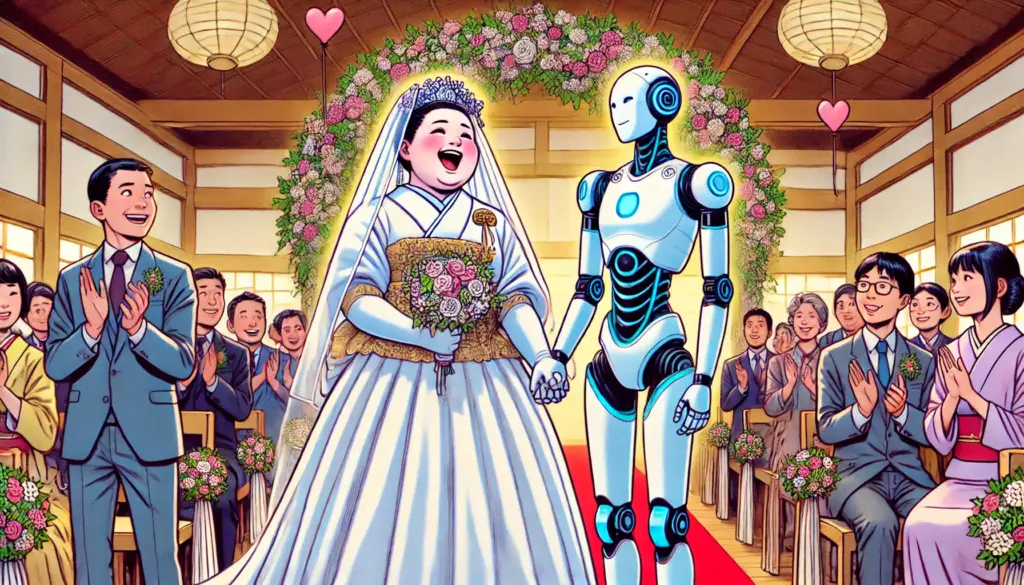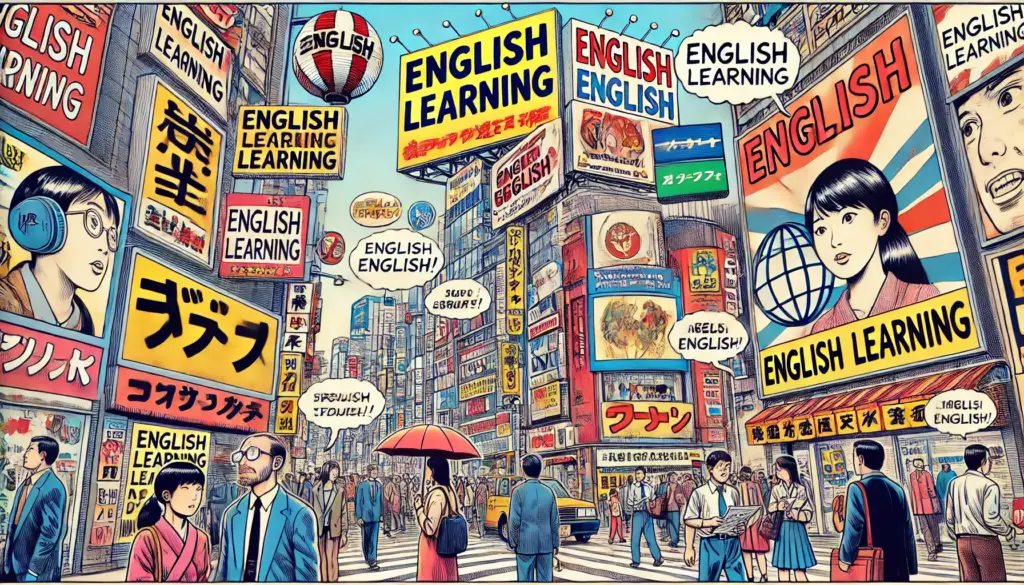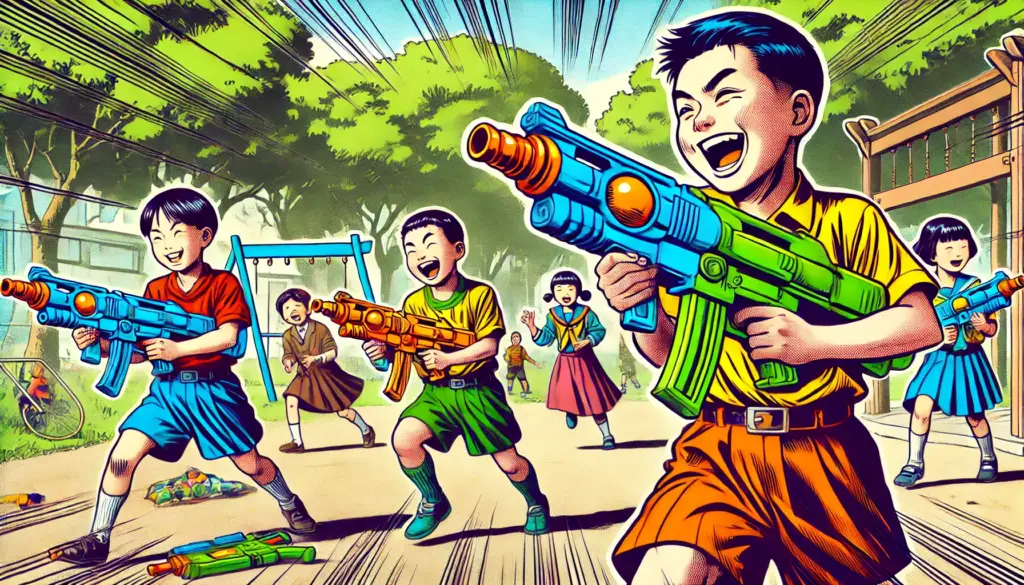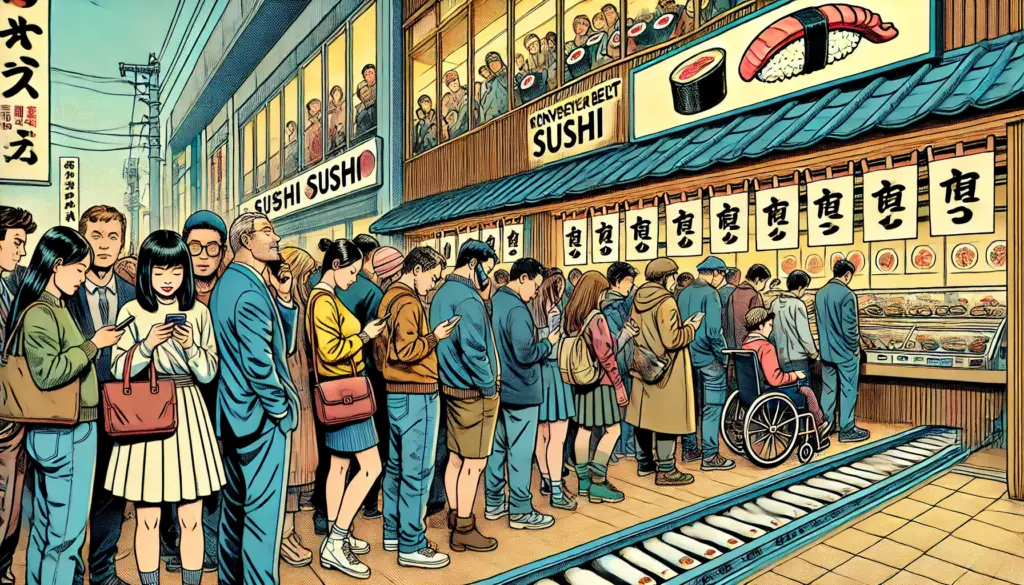
Chiikawa — the lovable and slightly tragic little creature — has taken Japan by storm. From toys and keychains to viral tweets and now sushi plates, the character has become a cultural juggernaut. But what exactly is fueling this phenomenon? And why are people lining up outside sushi restaurants hours before opening just to get their hands on Chiikawa goods?
Let’s dig into the character’s rise, the recent collaboration chaos with Kura Sushi, and what makes Chiikawa so beloved (and profitable) in modern Japan. 🐰🍣
💡What Is Chiikawa?
Chiikawa, short for “Chiisana Kawaisou na Yatsu” (A Small, Pitiful Creature), is a character born from a series of short, often bittersweet manga panels posted on Twitter by creator Nagano. Unlike typical cute mascots, Chiikawa isn’t just about fluff and smiles — the character struggles, works part-time, dreams of approval, and cries… a lot.
This emotional vulnerability, mixed with an absurdly cute aesthetic, resonates with fans who see themselves in Chiikawa’s small victories and silent anxieties. In a society where emotional expression is often suppressed, Chiikawa offers a soft outlet. It’s not just cute — it’s relatable.
🍣 The Kura Sushi Madness: Chiikawa Plates for the Win
On July 25, the third wave of the Kura Sushi × Chiikawa collaboration began, offering customers an exclusive sushi plate for every ¥2,500 spent.
Sounds innocent, right?
Well, not quite. 😅
By 10:00 a.m. on launch day, Kura Sushi stores across the country saw dozens of people lining up before opening, eager to get one of the 700,000 limited-edition plates. Some diners reportedly ate massive amounts of sushi alone just to claim more than one.
And here’s where it gets messy…
🌀 The Dark Side: Resellers & Mercari Scandal
Despite the campaign starting on July 25, listings for the Chiikawa plates had already appeared on Mercari the night before. Some sellers listed the plates before even owning them, engaging in what’s known as “non-inventory reselling.”
By noon on launch day, plates were being sold on Mercari for ¥2,600–¥5,000 — often double or more the value of the required meal. Fans were outraged:
“If real fans can’t get them fairly, why even do collaborations?”
“It’s infuriating seeing people profit off something meant to bring joy.”
“Kids are being left out again, just like with the McDonald’s toys.”
🍔 This Isn’t the First Time: The McDonald’s Incident
Back in May 2025, Chiikawa featured in a Happy Meal collaboration. As expected, adults swarmed McDonald’s across Japan to hoard toys — often discarding the food in the process. Pictures of untouched burgers and fries thrown away just for the toys sparked fierce online backlash.
The pattern is clear: when Chiikawa’s involved, chaos follows.
🧠 Why Is Chiikawa
This
Addictive?
Here’s what sets Chiikawa apart:
- Emotional Catharsis: Life is hard. Chiikawa makes it okay to admit it.
- Social Media Momentum: The original Twitter comic format is bite-sized and addictive.
- Meme-ability: Chiikawa panels and animations are shared widely across platforms like X (Twitter), LINE, and TikTok.
- Gender-neutral Appeal: Kids love it, teens adore it, and adults — especially in their 20s and 30s — see it as a “therapy mascot.”
- Merchandising Goldmine: From pop-up cafes to gachapon, there’s always a new Chiikawa item to hunt.
In essence, Chiikawa taps into the emotional fatigue of modern life and offers an escape — not through empowerment, but through commiseration. You’re not alone in your quiet struggles; Chiikawa is struggling, too.
🔥 What’s Next? Dealing with the Scalper Problem
The Kura Sushi campaign is expected to cause even more crowding over the weekend. While businesses enjoy the boost in sales, fans are urging companies to rethink their distribution systems — suggesting:
- Digital lotteries
- Limit-one-per-person policies
- Post-campaign online availability
If unchecked, the cycle of resale and fan frustration may damage the goodwill that Chiikawa currently enjoys.
📝 Final Thoughts
Chiikawa is more than a cute face. It’s a symbol of vulnerability in a rigid society — a silent scream in a cuddly costume. But as its popularity explodes, it faces a harsh reality: emotional connection can be commodified, resold, and sometimes… eaten for.
As Japan braces for the next wave of collab chaos, one thing’s for sure — Chiikawa is here to stay, whether on your phone screen, your shopping bag, or your sushi plate.













































